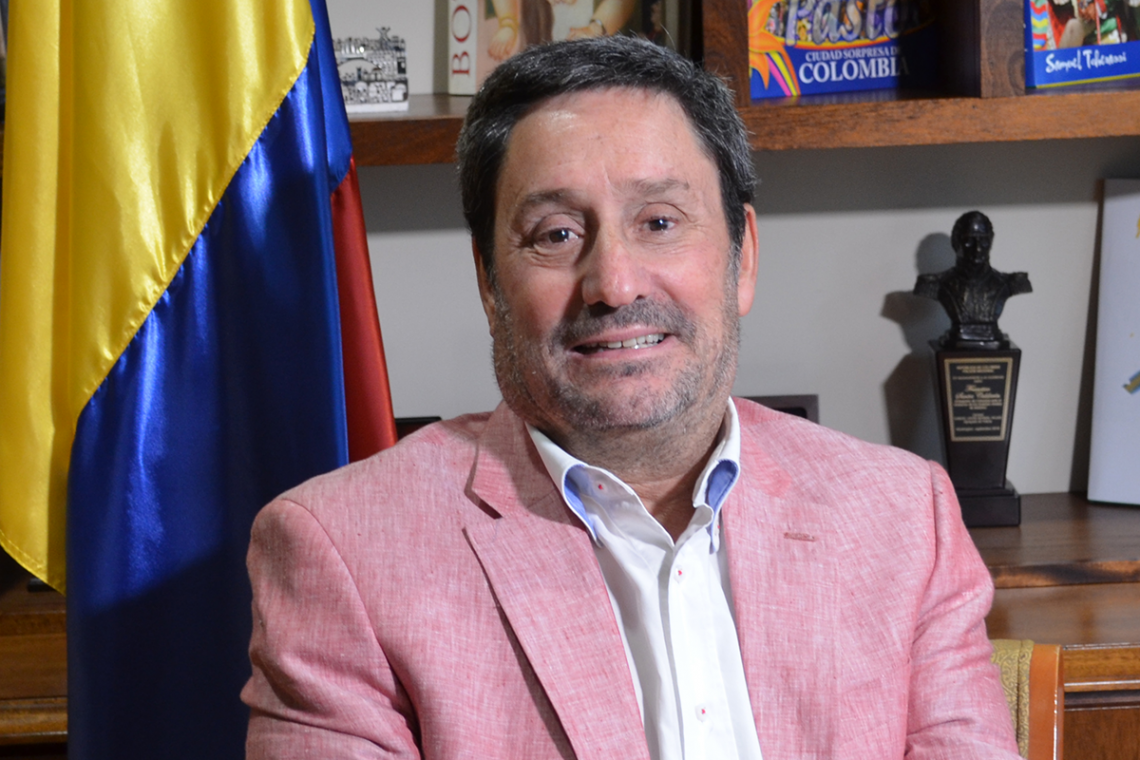Colombian Ambassador to the U.S. to Speak at Duke University
Francisco Santos Calderón to visit Duke Friday, January 17

Francisco Santos Calderón, the Colombian ambassador to the United States, will speak at Duke University on Friday, January 17.
The lecture will be at noon in the Ahmadieh Family Conference Hall in the John Hope Franklin Center (Room 240), at the corner of Erwin Road and Trent Drive. The event is free and open to the public. Lunch will be served.
Santos will also meet with students and local business leaders during his Durham visit.
“Ambassador Santos is visiting at an important moment for both Colombia and for South America,” said Patrick Duddy, former U.S. ambassador to Venezuela and director for the Duke Center for Latin American and Caribbean Studies. “His visit will allow the Duke community to hear from a senior representative just how Colombia envisages its future, as well as where Colombia fits into the larger community of Latin American nations at a time of significant turmoil in some parts of the region.”
Santos was vice president of Colombia from 2002-2010 under President Álvaro Uribe Vélez while also leading Colombia’s international promotion of trade, investment and tourism.
In 2015, Santos ran for mayor of Bogotá on the Democratic Center Party ticket. He created the Fundación Confianza Colombia, which promoted democracy and citizen participation in public affairs.
In the late 1980s, Santos taught journalism and international relations at Colombian universities. In 1990, he was kidnapped on orders from drug trafficker Pablo Escobar, remaining in captivity for eight months. After his release in 1991, he founded Fundación País Librem, one of the first non-governmental organizations against kidnapping in the world.
He was awarded a Nieman Fellowship at Harvard University and the Paul Harris Medal in 1993. That same year he promoted an anti-kidnapping statute in Colombia.
This visit is sponsored by the Duke Center for Latin American and Caribbean Studies, the Rethinking Diplomacy Program at the Duke University Center for International and Global Studies, the Office of Global Affairs and the Hanscom Endowment.